#wmct
Photo

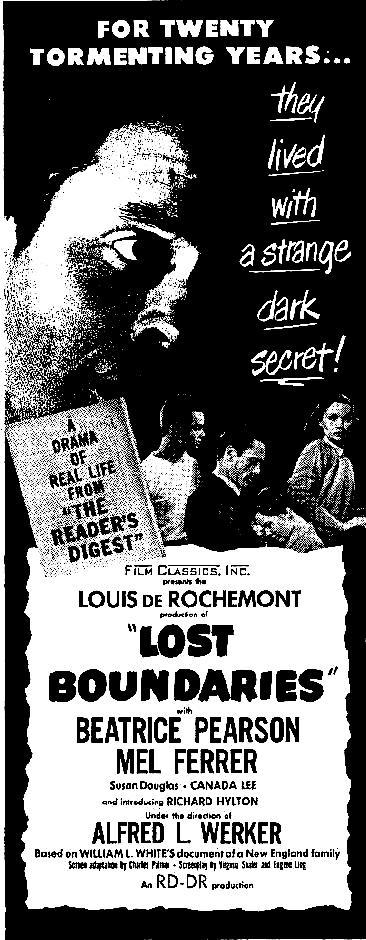
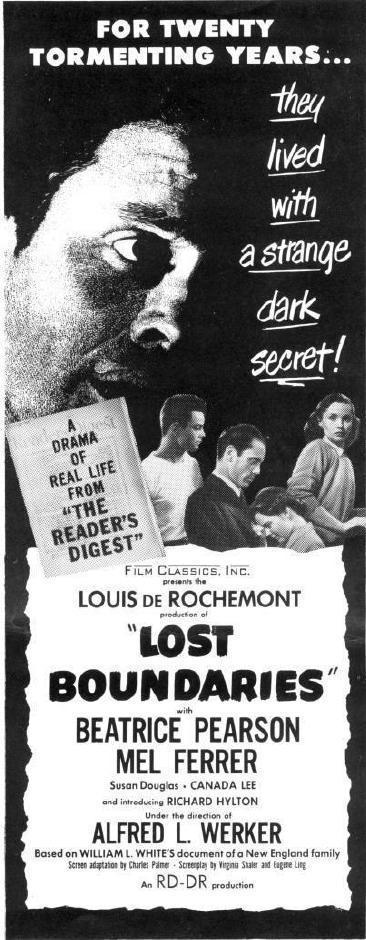
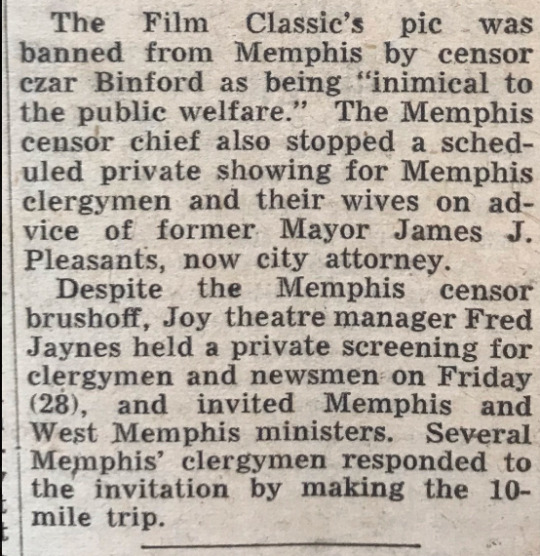
Lost Boundaries (1949) censored in Memphis, Tennessee and banned by WMCT Television.
9 notes
·
View notes
Photo

Repost: @qgtattoos thanks to @patata.pelata for chosing me and this lovely flash 💜💜💜 sorry for the pic, I know I'm not good 😅 ▪ #ignorant_tattoos #ignorantstyletattoo #contemporarytattooing #хоумтату #flashworkers #parloiruk #tttism #contemporarytattoo #pics_of_inked_ #ignorantland #ssoo #homemadetattoo #wmct #tttism #qttr #queertattooing #berlintattoo #barcelonatattoo #ink #love #tattoo #tattoos #ignorant #ignorantstyle #blackworkers #blacktattooart #blxckink #snake_pit #blackworkerssubmission #darkartists https://www.instagram.com/p/ByoeDbYpWse/?igshid=1w75zhper7d20
#ignorant_tattoos#ignorantstyletattoo#contemporarytattooing#хоумтату#flashworkers#parloiruk#tttism#contemporarytattoo#pics_of_inked_#ignorantland#ssoo#homemadetattoo#wmct#qttr#queertattooing#berlintattoo#barcelonatattoo#ink#love#tattoo#tattoos#ignorant#ignorantstyle#blackworkers#blacktattooart#blxckink#snake_pit#blackworkerssubmission#darkartists
3 notes
·
View notes
Text
good god my windows is acting up and every problem i try to fix uncovers another problem nhggggggg
#game doesnt work -> i need to use a powershell command#powershell doesnt work -> i need to reinstall windows with wmct#windows tool doesnt work -> i need to change services dot msc#services needs admin rights which i have -> just. despair.#god all i wanted was to play forza 4 again#sho.scrambles
0 notes
Video
™ T E A S E R ~ 2 0 1 8 ™ #ignorantstyle #ignorantvida . . . . _____ . . . 🏴🕉👽🌴👽🕉🏴 #ignoranstyletattoo #ignorantland #wmct #blackworkers #inked #tattoodo #tttism #contemporaryart #art #tattoo #glitchart #glitchart #aesthetic #blkttt @tttism @blkttt @tattoodo @vicebrasil #punkvideo #punkglitchart #ignorantglitchart #databend #tattoobahia #bahia (em Brazil)
#bahia#glitchart#ignoranstyletattoo#tttism#art#databend#punkglitchart#blackworkers#tattoodo#ignorantland#wmct#punkvideo#contemporaryart#aesthetic#ignorantglitchart#ignorantstyle#inked#ignorantvida#tattoo#blkttt#tattoobahia
0 notes
Photo
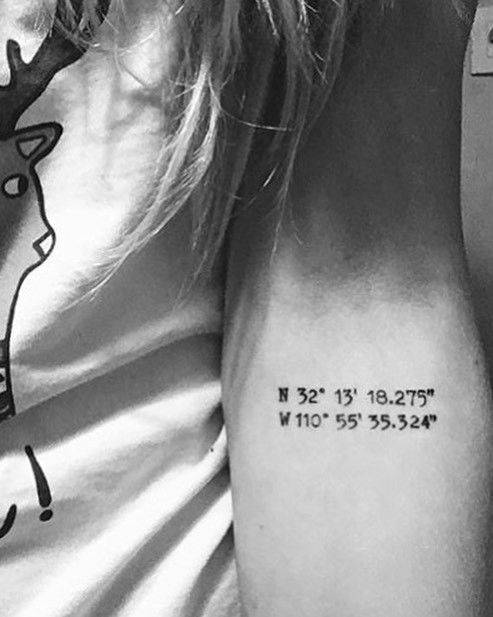
◼️◼️fine lettering for a lovely person◼️◼️ - - - #darkartists #flashaddicted #blxckink #iblackwork #blackworkerssubmission #btattooing #blacktattoomag #TAOT #txttoo #tattrx #txttooing #inkstinctsubmission #wiilsubmission #blacktattooart #blackflashwork #blackworknow #neroaddict #theartoftattoos #tttism #wmct #ignorantstyletattoo #lindelebil
#inkstinctsubmission#blacktattoomag#blackworkerssubmission#blxckink#tattrx#neroaddict#blacktattooart#darkartists#blackworknow#ignorantstyletattoo#taot#tttism#wmct#txttooing#txttoo#btattooing#flashaddicted#wiilsubmission#iblackwork#lindelebil#theartoftattoos#blackflashwork
0 notes
Text
Waiting for my slow ass laptop to deal with the W10 iso, it's been abt an hour now and it's only at 14% so I guess I'll probably have to wait till tomorrow to make another install attempt.
Still pretty frustrating that I couldn't just dd the iso tbqh. Apparently the iso gets corrupted easily because Microsoft doesn't run very good servers? The only way it works well is through the WMCT which is pretty bullshit requiring Windows to uh, install Windows.
0 notes
Text
A Study on Acupuncture Treatment to Meniere’s disease- Juniper Publishers
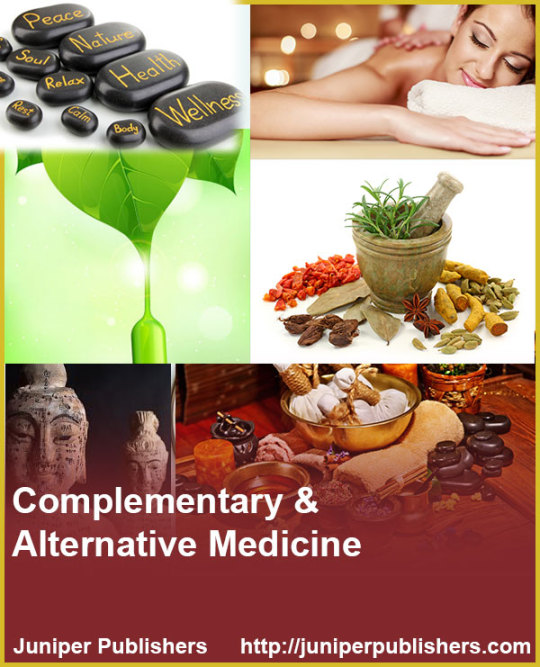
Abstract
Yin-Yang balance is absolutely the unique concept of traditional Chinese medicine that distinguishes TCM from the Western medicine. A disease indicates a loss of the balance of Yin-Yang. The research shows acupuncture combined with western medicine comprehensive treatment (WMCT) can be more effective for the symptoms of Meniere’s disease such as vertigo and dizziness, but it still remains uncertain whether or not acupuncture is good for hearing loss.
Keywords: Meniere’s disease, Dampness; Acupuncture Treatment; WHO; Patients vertigo; Hearing threshold; Blood
Abbrevations: APS: Acupuncture Point Stimulation; WMCT: Western Medicine comprehensive Treatment; TCM: Traditional Chinese Medicine; NIDCD: National Institute on Deafness and Other Communication Disorders
Introduction
In general, most people in Taiwan present themselves to the medical doctors first when they are in need of medical treatments. Part of this fact is because there are not sufficient scientific researches to prove the effects of the traditional Chinese medicine (TCM), acupuncture, or acupressure. Compared to the current acupuncture developments in Taiwan, acupuncture has gained more and more popularity in the past 40 years and been considered “essential health benefits” and has been more commonly used for pain conditions than general medical problems or addiction management in the US [1].
It is reported that The National Institute on Deafness and Other Communication Disorders (NIDCD) estimates that approximately 615,000 individuals are currently diagnosed with Meniere’s disease and that 45,500 cases are newly diagnosed in the United States each year [2]. The present research shows Meniere’s disease can develop at any age, but it is more likely to happen to adults between 40 and 60 years of age.
In the perspective of Western Medicine, Meniere’s disease, which is anidiopathic inner ear disorder and usually affects only one ear, is defined as a disorder of the inner ear that can cause primary signs and symptoms like spontaneous episodes of vertigo along with fluctuating hearing loss, ringing in the ears (tinnitus), hearing loss, and a feeling of fullness or congestion in the ear.
Attacks of dizziness may occur suddenly or after a short period of tinnitus or muffled hearing. Some of the patients may have single attacks of dizziness separated by long periods of time, but others may experience many attacks closer together over a few days. Some people with Meniere’s disease are reported to have vertigo so extreme that they can lose their balance and fall. Unfortunately, there are no definite answers are available to explain what happens to cause Meniere’s disease based on the existing theories [2].
Possible causes may include improper fluid drainage, abnormal immune response, allergies, viral infection, genetic predisposition, head trauma, and migraines. The commonly administered therapies are noninvasive therapies, such as rehabilitation, hearing aid, Meniett device, middle ear injections, and surgery [3].
Materials and Methods
Search strategy
The combinations of the terms “acupuncture and Meniere’s disease” were used for searching on PubMed.
Selection criteria
English articles were eligible for inclusion. Each research identified in the search was evaluated for the tools. Acupuncture used in combination with medicines, moxibustion, Chinese herbs, and cupping were excluded.
Result
A total of 3 articles were identified in the literature search. Among these articles, the definite conclusions are presented that acupuncture can be conducted with potential benefits for the person with Meniere’s disease [4-6], as shown in Table 1. These promising results indicate that acupuncture cannot only be used for pain management but also for Meniere’s disease.
In the report by He, et al. [4], efficacy standard made by Chinese Medical Association of Otorhinolaryngology, which contained the assessment of vertigo of frequency and hearing was adopted. The result of the meta-analysis for the vertigo showed a fixed effects model in which should be used because the acupuncture point stimulation (APS) combined with western medicine comprehensive treatment (WMCT) had a better effect than WMCT alone. The data did not show significant difference between APS plus WMCT and WMCT alone in the improvement of hearing; however, the hearing did not get worse, indicating APS is not hopeless to treating hearing loss [4].
Particular symptoms of dizziness and vertigo were often mentioned as part of the achieved outcomes presented in the research by Long et al. [5]. They also suggested that it is important for all acupuncturists in the UK or Europe to adopt a TCM diagnosis and treatment approach.
Steinberger and Pansini stated in their research that the classic symptoms of Meniere’s disease are vertigo, tinnitus and deafness, and among all the treated patients vertigo was the most uncomfortable and distressing symptom. In all of their cases vertigo stopped after a few acupuncture courses. However, they suggest it is more important to follow and control hearing threshold because the other symptoms of Meniere’s disease also do not persist as long as the hearing threshold remains stable [6].
Discussion
Meniere’s disease is one of the illnesses the WHO recommended in 1979 to treat with acupuncture.
Yin-Yang balance is the unique concept and one of the key principles of traditional Chinese medicine. Diseases are understood as a loss of balance between Yin and Yang as shown in Figure 1. Yin-Yang balance has been described throughout the history of Chinese medicine for many centuries and still serves as the foundation and the guide for the explanation of etiology of diseases [7].
Signs and symptoms in Traditional Chinese medicine are broader than those in Western medicine. In general TCM physicians usually do not follow typical Western pathological classifications of diseases, but rather rely on the patterns individualized by the imbalance of Yin and Yang, Qi, and Blood, and body fluids in the body. In other words, the loss of balance between Yin and Yang results in diseases. Blood (Xue) and Qi can be classified into Yin and Yang based on the TCM theory. Blood is classified into Yin and derived mainly from gu qi (food qi) that is produced by the Spleen. One of the functions of Blood is considered to be the nourishing agent. The other source that generates Blood is Kidney storing Jing (essence) that can produce marrow. Marrow then generates bone marrow contributing to manufacturing Blood. On the other hand, oxygen is equivalent to Qi to some extent. Qi, which is categorized as Yang, is viewed as a type of life-giving energy circulating throughout the body in special meridians [1]. The concepts of “Qi is the commander of Blood and Blood is the mother of Qi” highlight Qi interacts with Blood to maintain the functions of Zang-Fu organs and has been used as the guide to treat the issues of Blood and Qi [8].
In the volume of Su Wen (Essential Questions) of Huang Di Nei Jing (Essential Questions of Yellow Emperor’s Inner Classic), it is stated that “three Yang meridians of women is weaken at 42, and Kidney qi of men is deficient at 40”, which may be the invaluable guidelines to explaining why Meniere’s disease is more likely to happen to adults between 40 and 60 years of age. The key to this thought lies in Kidney that plays an important role in understanding the relationship between aging and Meniere’s disease.
The Zang-Fu theory, the Five Elements theory and patterns are unique and absolutely different from those theories of the Western medicine. In general, those who have not learned TCM are usually confused with the functions of internal organs (Zang- Fu) in the TCM. Kidney in the TCM is referred to as the “Root of Life” because it stores Essence (Jing). Essence is the creator of life and the foundation for Yin and Yang. On the other hand, the essence the Kidney stores is the foundation of producing Marrow, which is often misunderstood because it cannot exactly correspond to bone marrow in the Western medicine. Essence can be transformed into Blood, and Blood nourishes Essence. In other words, both Blood and Essence interact with each other to maintain the Yin level for normal functions in the body [9].
In the perspective of traditional Chinese medicine, abnormal fluid is defined as Dampness, which can damage the Yang of the body to stagnate fluids causing Qi stagnation Blood stasis. On the other hand, this evil is heavy, tenacious, can last for a long time and become difficult to treat, and tends to move downwards in the body. Dampness arising from Spleen qi deficiency often compromises immunity due to congestion of lymphatic system and autoimmune conditions to cause symptoms such as bloating, nausea, vomiting, heaviness of head and body, low appetite, and dizziness [7]. It is indicated that Liver and Kidney share the same origin. When Kidney functions normally, the Liver qi is able to ensure Qi to circulate consistently and smoothly in all parts of the body and not to invade Spleen.
Zangs mainly related to the etiology of Dampness include Lung, Spleen, and Kidney. Table 2 presents the differences between the functions of the Zangs in the Western medicine and the Traditional Chinese Medicine.
The most critical notion that “Feng (Wind), the beginner of the illness” is presented in Huang Di Nei Jing (Essential Questions of Yellow Emperor’s Inner Classic). In addition to Dampness, this notion pinpoints that Wind, which may be associated with vertigo and dizziness in the patients with Meniere’s disease, should be considered to be the major cause of illness with its pernicious influence and indicates that Blood mobilization and Qi regulation need to be considered simultaneously for the better results [10]. It is also stated that Blood Xu (deficiency of Blood) resulted from Blood stasis and impeded Qi generates Wind. Pain, tremor, dizziness, and spasm are the representations of Wind. Yeo et al. [11] reported that behavioral tests showed that acupuncture stimulations at GB34 and LV3 could improve the motor dysfunction like tremors and dizziness that are the representations of Wind resulted from Blood deficiency. Meniere’s disease usually affects only one ear leading to hearing difficulty or loss, which currently cannot be solved with special medical remedy well. In Huang and Li’s observation and clinical experience, it is stated APS could have good effect in controlling the vertigo and dizziness but it was not good in improving the hearing issue [12].
Fluid drainage may be the cause of the tinnitus, which is an easily negligible and terrible symptom to impact the patients’ quality of life [13]. This issue seldom draws any attentions in the present studies. Whether or not the application of acupuncture can be effect for the tinnitus has been in debate for over 40 years and has not reached a definitive conclusion [14]. In clinical literature, GV20 (Baihui) was used for the treatment of the symptoms of Meniere’s disease, including tinnitus [15].
Unfortunately, the literature reviews of this study show that patterns which play the key roles in the TCM for diagnosis and treatment were not included, and the side effects were not discussed in the previous studies.
Conclusion
Patients and health providers may take clinical effectiveness, cost effectiveness, and side effects into consideration in deciding modalities. Even though acupuncture may be insufficient to treat hearing issue, acupuncture may be more feasible for Meniere’s disease than the Western medicine with respect to time and convenience.
For more Open access journals please visit our site: Juniper Publishers
For more articles please click on Journal of Complementary Medicine & Alternative Healthcare
0 notes
Text
Crimson Publishers-An Exploration of Acupuncture Treatment to Meniere’s Disease
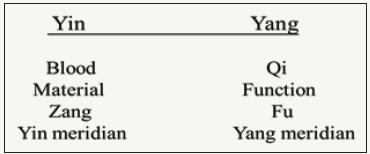
An Exploration of Acupuncture Treatment to Meniere’s Disease by Tong Zheng Hong in Advancements in Bioequivalence & Bioavailability - Crimson Publishers
Yin-Yang balance is absolutely the unique concept of traditional Chinese medicine (TCM) that distinguishes TCM from the Western medicine. A disease indicates a loss of the balance of Yin-Yang. The research shows acupuncture combined with western medicine comprehensive treatment (WMCT) can be more effective for the symptoms of Meniere’s disease such as vertigo and dizziness, but it remains uncertain whether acupuncture is good for hearing loss.
https://crimsonpublishers.com/abb/fulltext/ABB.000522.php
For more open access journals on Crimson Publishers please click on below link https://crimsonpublishers.com/
For more articles on Journals of Bioavailability please click on below link https://crimsonpublishers.com/abb/index.php
0 notes
Photo

My coworkers are the best!! Thanks for all the birthday stuffs!! #birthday #fact #streamers #cupcakes #vangough #flowercupcakes #vsquared #lifeislikeacamera #wmct
0 notes
Photo
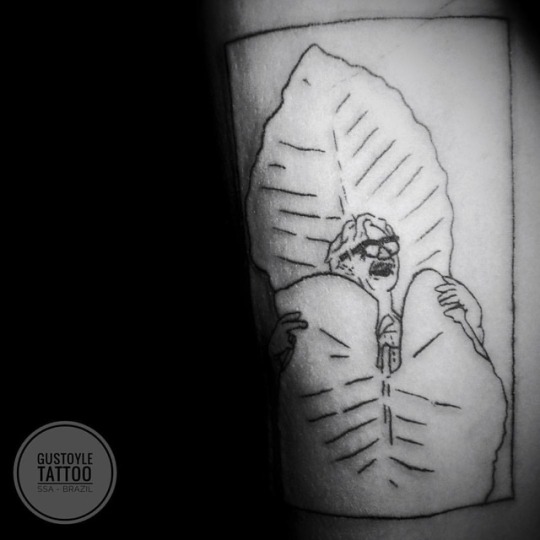
🌿 Burle Marx 🌿 . . . . . #burlemarx #wmct #tattoobahia #tattoosalvador
0 notes
Video
New WMCT Magazine episode! You should probably definitely watch it. WMCT Magazine 2014 - Episode 6 - Full Episode HD
#Vimeo#wmct#magazine#marlborough#marlboro#massachusetts#tv#elevatedocttraining#animaladventures#animalrescue#education#policedog#k9#acappella#marlboroughhighschool#mhs#singing#rockinstitute#rock#music
0 notes
Video
Work shenanagins (or however u spell that shit) with @ok_frenchie #wmct
1 note
·
View note
Video
#Afterhours #afterwork #wmct #Workhard #playhard
0 notes